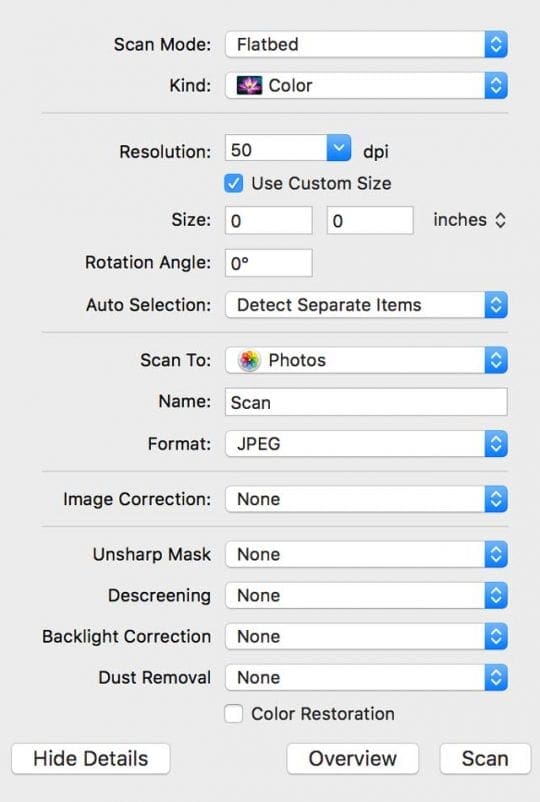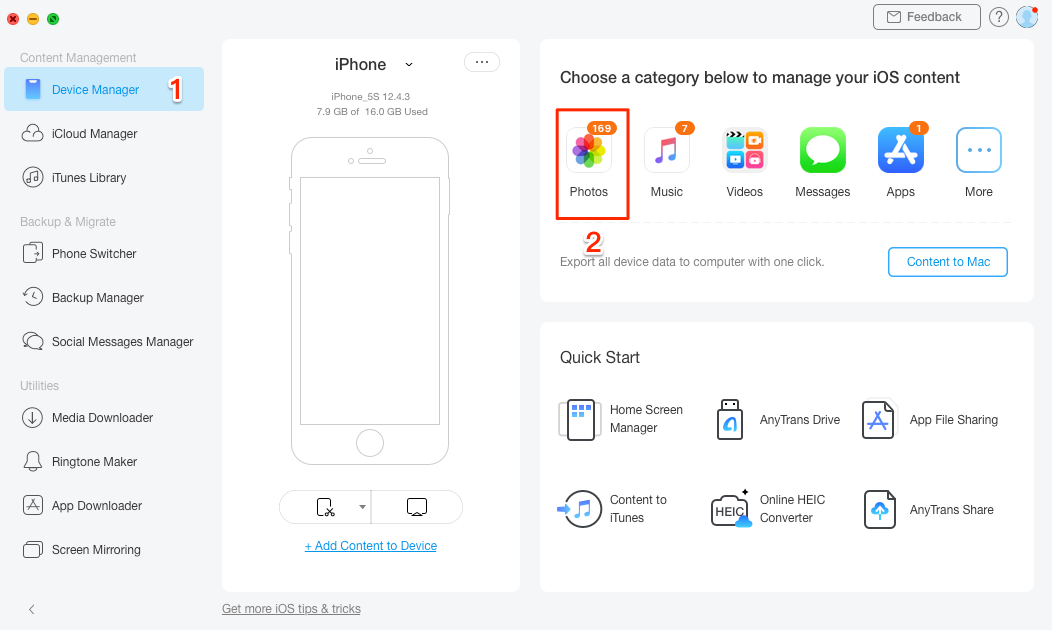

- #Apple image capture vs iphoto trial#
- #Apple image capture vs iphoto professional#
- #Apple image capture vs iphoto mac#
#Apple image capture vs iphoto professional#
Aperture was Apple’s professional solution.

#Apple image capture vs iphoto mac#
Click on the drop-down menu beneath the text Connecting this iPhone opens:Īnd that’s it. Apple’s iPhoto was one of the best ways to organise photos on a Mac for non-professionals. Click the icon in bottom left corner of Image Capture:ģ. In Image Capture, make sure your iPhone is selected (highlighted) in the left column:Ģ. Open Image Capture and connect your iPhone to your Mac.Ģ. You can have Image Capture automatically open whenever you connect your iPhone to your Mac, speeding up the photo-import process even more. And perhaps best of all, you can even choose the photos’ destination-for example, the desktop or a specific folder-something iPhoto won’t let you do. You can import all photos/video at once, or choose only select photos. It runs much, much, much faster than iPhoto. Just connect your device to your Mac, launch Image Capture, and import. The application can import photos and video from cameras, iPhones, and other devices.

And Photos will import your Aperture libraries, though your projects will turn into folders in the Albums section.Image Capture is a fast and lightweight application that comes with every modern Mac. Now the good news: Some Aperture features (like the Split view, which I use all the time) are available in Photos ②. But if you rely on any Aperture features that Photos doesn’t support, prepare for disappointment. If you use Aperture because it’s more than iPhoto, but haven’t availed yourself of most of its features, you may find Photos sufficient (see Import from Aperture into Photos). For example, Photos doesn’t offer an adjustment brush to selectively apply an edit to the image. And Photos’ editing features, while solid, don’t match Aperture’s. Photos also doesn’t support plug-ins or editing in an external editor-both key features of Aperture. And star ratings and color labels are imported as keywords. Photos doesn’t support the concept of separate projects inside a single library. And the differences certainly don’t end there. I’ve built an entire workflow around shooting Apple events: resizing the images to Web resolutions, applying a watermark, and saving the result out as JPEGs to be uploaded to a server.Ĭould I do that same task in Photos? It doesn’t support tethered shooting, exporting multiple versions with different image-quality levels, or watermarks. I use it mostly to capture images on the fly directly from my Canon DSLR. There are new features, to be sure, including modified and expanded editing tools and more direct integration with iCloud, but with a little time, iPhoto users should be able to settle in comfortably. But with the optional sidebar displayed in Photos, you’d think you were using a slick new version of iPhoto. Star ratings have been demoted to keyword status, flagged items are now Favorites, and iPhoto Events are now just another kind of photo album. Photos can import your iPhoto library (see Import from iPhoto into Photos) and retains most, but not all, of the features of iPhoto.

If you’re used to iPhoto, Photos won’t be that jarring.
#Apple image capture vs iphoto trial#
You can download a free 30-day trial to give it a spin. It’s tightly integrated with Photoshop and available as part of Adobe’s Photography bundle, which as of this writing costs $120 per year, and offers cloud features of its own. If Photos doesn’t float your boat and you’re an Aperture user, you might consider Adobe’s Lightroom. Both apps will probably still work for a while yet, but updates are extremely unlikely. Not to be a negative nelly, but you shouldn’t hold out hope that Apple will reconsider its decision. Apple’s announcement specified that iPhoto and Aperture would both be updated for compatibility with OS X Yosemite, but that’s it.


 0 kommentar(er)
0 kommentar(er)
